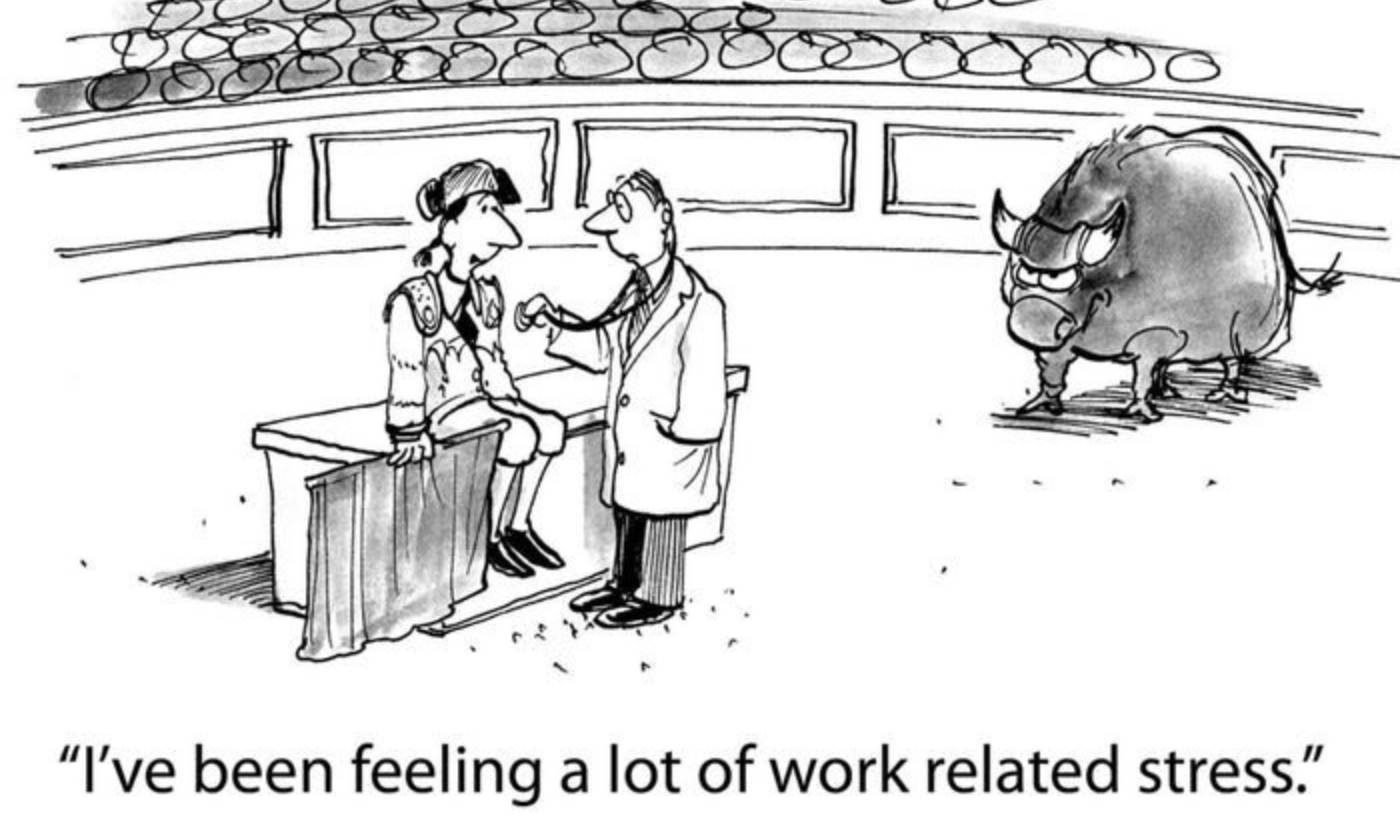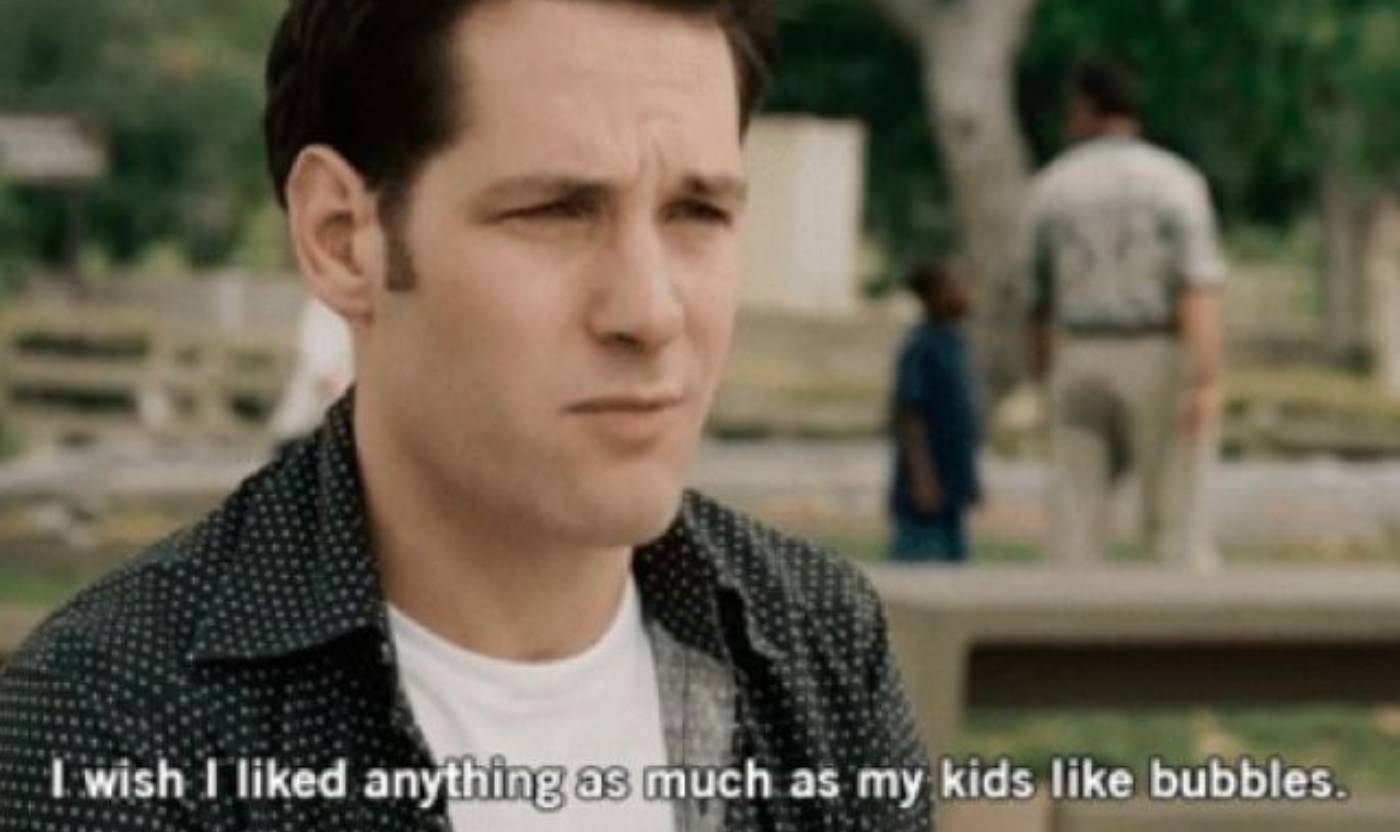In truth, most people would benefit from psychological therapy at some point in their lives.
However, when it comes to checking in on mental health, many don't know where to start or when to seek support. Early intervention is key when it comes to optimal mental health outcomes. Whether it's due to fear, stigma, or lack of knowledge, many people put off talking to a psychologist until their problems have become overwhelming or they have "hit rock bottom."
Sometimes the signs are clear, or you have people in your life who are letting you know you aren't being yourself. All too often, though, we may miss the signs or carry on until things feel unmanageable. The good news is you do not need a clinical diagnosis to start benefiting from support.
Your mental health encompasses your emotional, psychological, and social well-being and affects everything from how you handle stress to how you interact with others. If you're feeling like you need some extra support, talk therapy is a great option for exploring and working through any mental health concerns you may be experiencing. Remember, it's never too early or too late to start taking care of your mental health.
Let's explore 8 warning signs that it may be time to check-in with a professional and explore talk therapy
1. Persistent sadness, anger, or constant worrying

What do George Costanza, Ross Geller, and Sheldon Cooper have in common? They are iconic representations of the neurotic worrier. They may provide comic relief on the small screen, but in real life, these tendencies can be difficult to manage and can greatly affect a person's quality of life.
It's normal to experience a range of emotions, but if certain feelings are taking the driver's seat too often or are disproportionate to the situation, it may be time to seek support. For example, if you find yourself persistently feeling sad, angry, or worrying excessively, and it's getting in the way of things you need to get done or occupying hours of your day, it may help to explore this with a psychologist or talk therapy with a trained professional.
2. Difficulty managing stress

The romantic trope dictates that "love makes you do crazy things," and so can stress! If you're having trouble coping with stress, you may find yourself lashing out, procrastinating tasks, neglecting your physical health, overworking, or burning out. In these situations, it can be helpful to discuss coping strategies with a psychologist. It is important to understand that chronic stress left untreated can take a serious toll on not only your mental health but also your physical health. It can lead to a host of physical and mental health issues such as high blood pressure, heart disease, anxiety, depression, and even sleep disorders. This is why it's important to address stress and its symptoms as soon as possible, and to work with a professional to develop coping strategies that work for you.
Understandably a high-stress lifestyle may come with a jam-packed schedule making it that much harder to find time for self-care or support. Online therapy has become a viable option for many people in this situation. It allows for the same level of support and guidance from a professional therapist, but can be more convenient and accessible during weekends and after-hours.
3. Changes in sleep - too much or too little

Do you find yourself in a 'princess and the pea' situation, trying so hard to get everything 'just right' for a night of sleep only to lie awake until the wee hours? Difficulty sleeping can be a frustrating and debilitating experience, but it can also be a sign of an underlying mental health concern. If you're experiencing chronic insomnia, it can lead to fatigue, irritability, and difficulty functioning throughout the day. This can lead to a host of additional problems, such as difficulty concentrating, decreased productivity, and an increased risk of accidents.
Furthermore, if you're relying on substances like sleeping pills or alcohol to help you fall asleep, it can create a vicious cycle of dependence and worsen your insomnia. A psychologist can help you identify the underlying causes of your insomnia and develop a personalised treatment plan that includes cognitive-behavioural therapy, relaxation techniques, and lifestyle changes to help you improve your sleep.
Additionally, if you find yourself sleeping excessively and struggling to motivate yourself during the day, it may be a sign of an underlying mental health issue such as depression. Sleeping too much or too little can both be symptoms of mental health issues, and it's important to address these changes in your sleep patterns with a professional.
Talk therapy can help you understand the underlying cause and develop a plan to improve your sleep and overall well-being.
4. A lack of interest in things you normally like or 'not feeling yourself'

In the movie "Knocked Up" Paul Rudd famously laments that he wished he 'liked anything as much as his kids liked bubbles.' Sometimes we lose interest in things that normally bring us joy, but it's important to distinguish between growing out of something and an overall loss of engagement or direction in life.
This could indicate that there's an underlying issue that's affecting your mood, sense of purpose and engagement. It could be a sign of depression, anxiety, or other mental health concerns. Talk therapy can help you understand what's going on and provide you with the support and tools you need to re-connect and get back to feeling like yourself again. When you are finding a psychologist you can indicate that you'd like to explore 'meaning and value' specifically to find a match with experience in this personal development.
5. Abusing substances, sex, food, or alcohol to cope

When you find yourself using alcohol or drugs more frequently and thinking about it often, it could be a sign that you're trying to numb feelings that require attention. Remember, this could also be the case with food - changes in appetite, be it overeating or not wanting to eat, can be a sign of underlying issues or neglecting self-care. Pay attention, and don't be afraid to reach out for help.
6. Strained relationships

If you're having trouble in your relationships, whether it's with a significant other, friends, or family members, a therapist can help you understand what's going on and help you improve your communication and interpersonal skills. Beyond communication errors, strained relationships can also be a sign of an underlying issue like social anxiety or depression that impacts our ability to build healthy connections with others.
Alternatively, people in your life may tell you they are worried about you or that they have noticed changes in your overall mental state or even physical health (like weight gain or loss or tiredness) that indicate it may be time to seek support.
7. You've experienced trauma or loss
A sharp turn or traumatic event in life like losing a loved one, going through a separation, getting robbed, workplace-related trauma, or sexual trauma can cause carry-on impacts in your life. Sometimes this happens right away, but it may change you start to notice over time.
Symptoms of post-traumatic stress include re-experiencing the traumatic event through flashbacks or nightmares, avoidance of reminders of the event, negative changes in mood and cognition, and increased feelings of anxiety, irritability, and arousal. It is a normal human reaction to have strong emotional responses to such events. However, with effective treatment, it is possible to overcome PTSD and improve your well-being.
8. Constantly wondering if talking to a psychologist would help (as obvious as it may sound!)

At the risk of being on the nose, if you find yourself wondering if talking to a psychologist may benefit you or researching therapy options - you are probably on the right track! Unless prompted by a traumatic event, often the decision to see a psychologist is not impulsive. Many spend weeks or even months weighing up whether their concerns warrant professional support or whether it's 'just in their head' (to that we ask, compared to what?).
If you think you would benefit, take this as the official permission slip you never needed - you deserve happiness and to feel on track with the life you'd like to be leading.
What are some of the benefits of talk therapy with a psychologist?
Talk therapy can help you learn more about yourself, understand your thoughts and emotions, and make connections that can empower you to take action in your life. It can also help you achieve your goals by clarifying and setting realistic steps to meet them.
Talk therapy can also improve your relationships by helping you address difficulties such as insecurity and trust issues.
Furthermore, talk therapy can lead to improvement in all areas of life, it can help you address what might be holding you back from living the life you envision, and help you discover answers to questions you might have.
Psychologists have a wide range of experience and chances are you can find a psychologist well-suited to support your goals and areas of concern.
